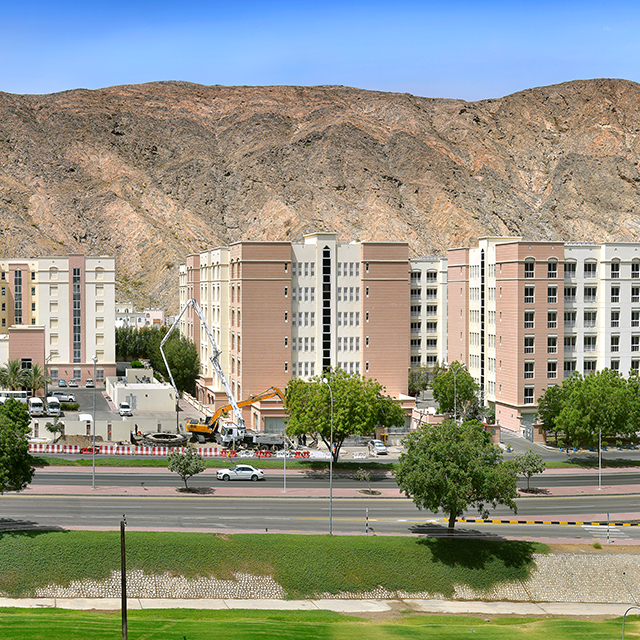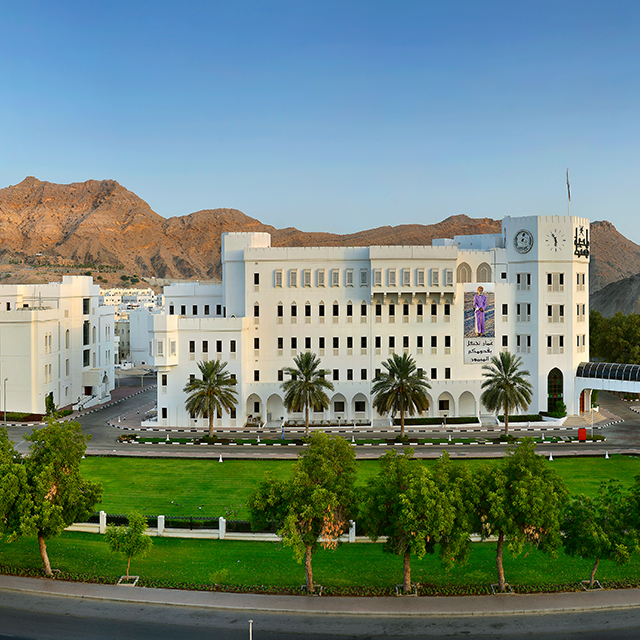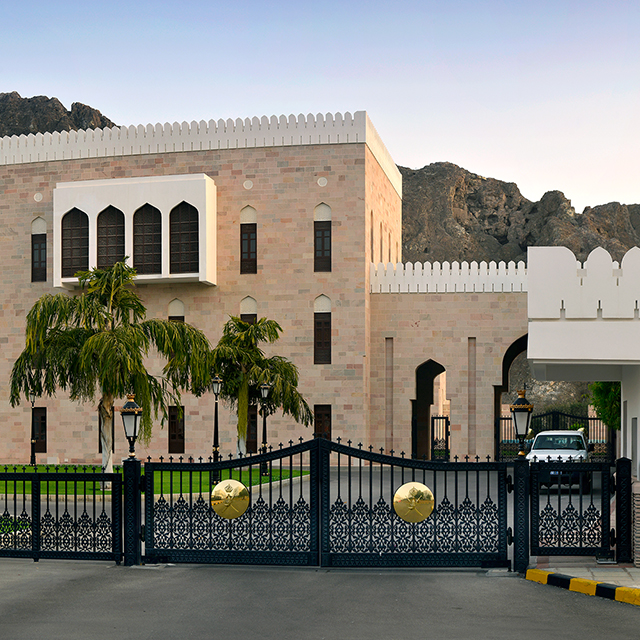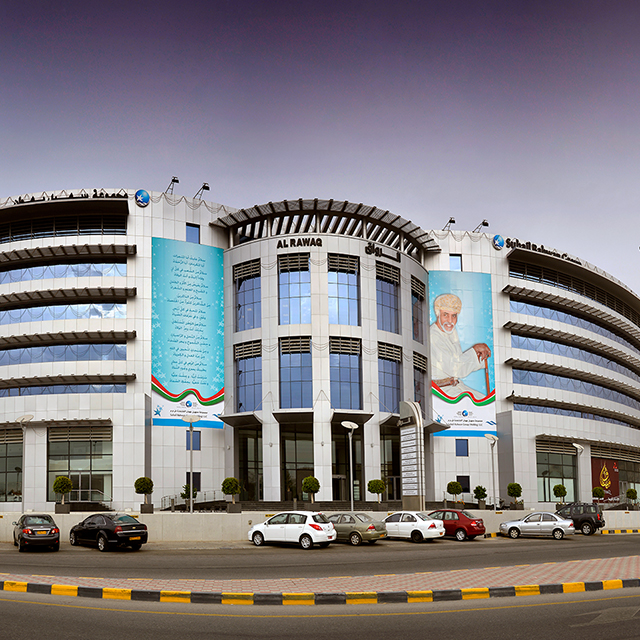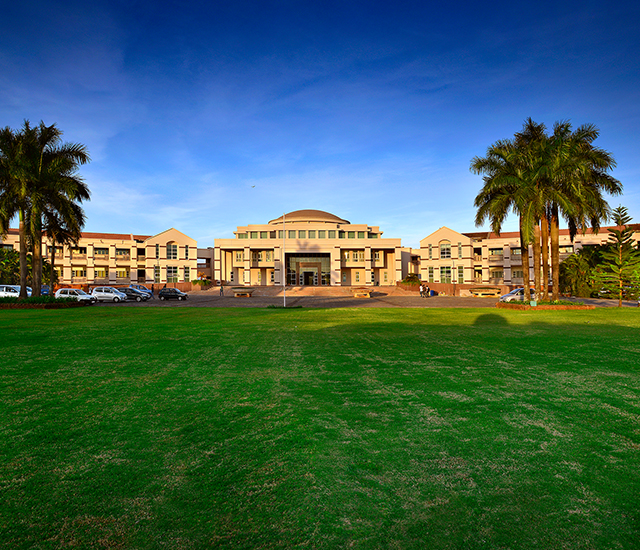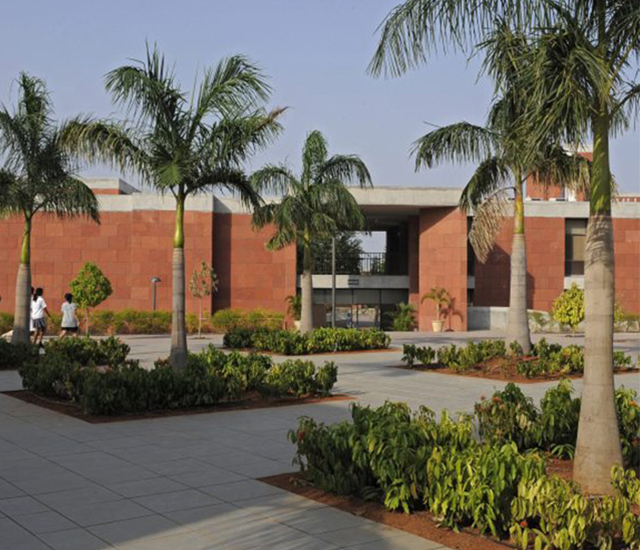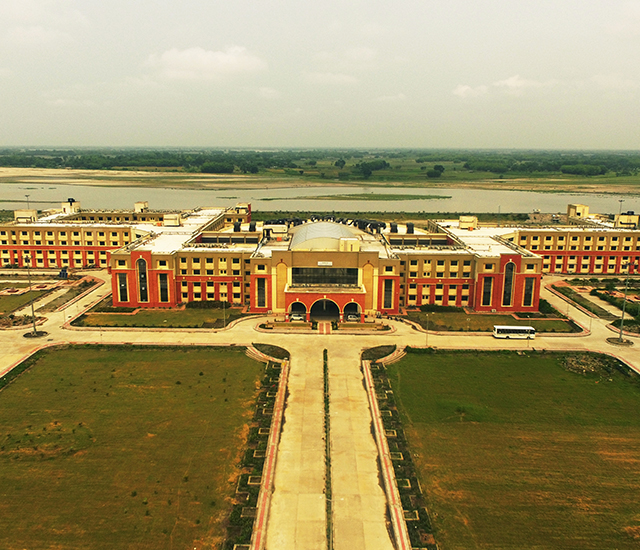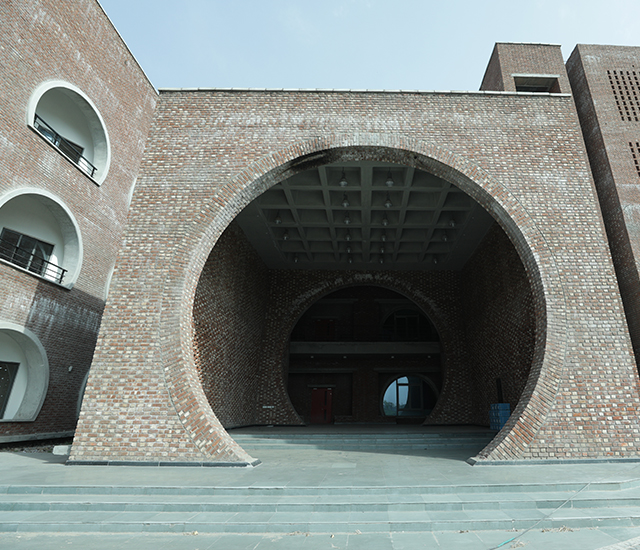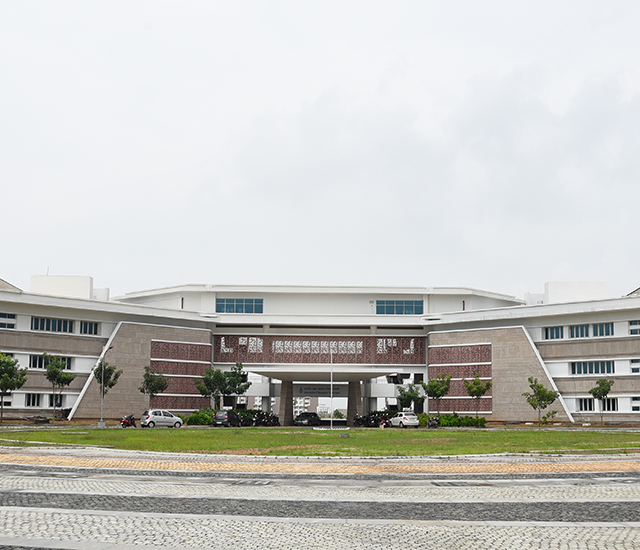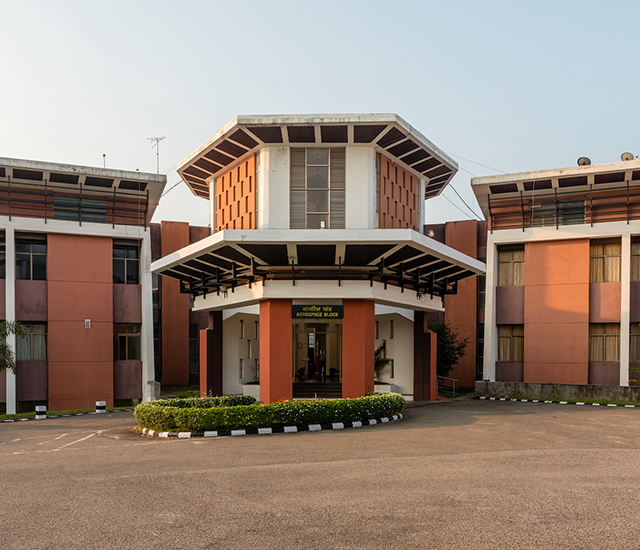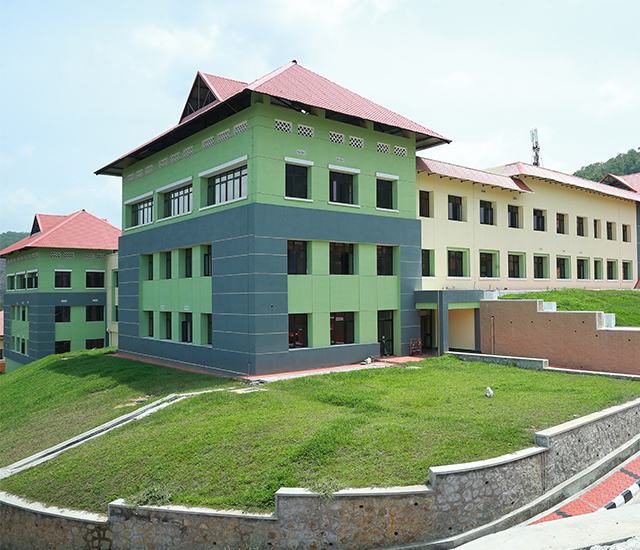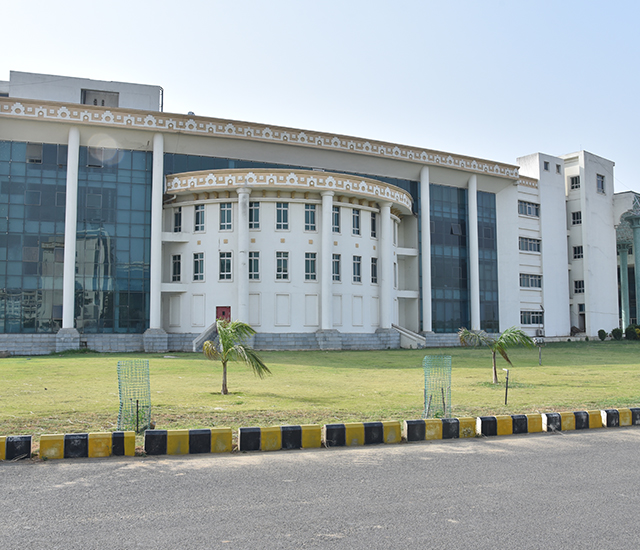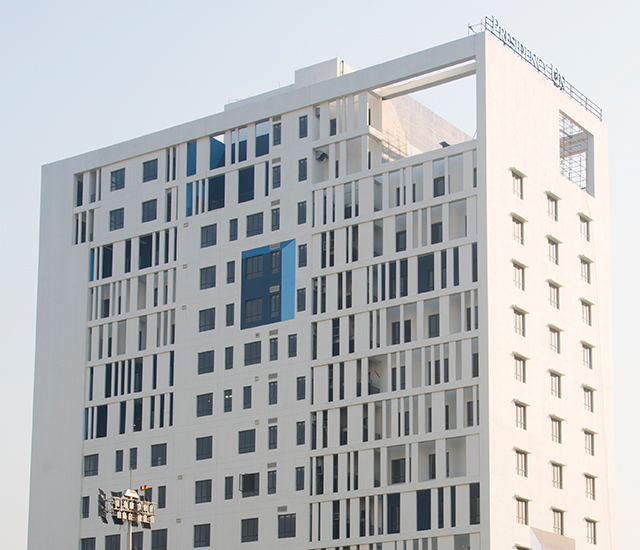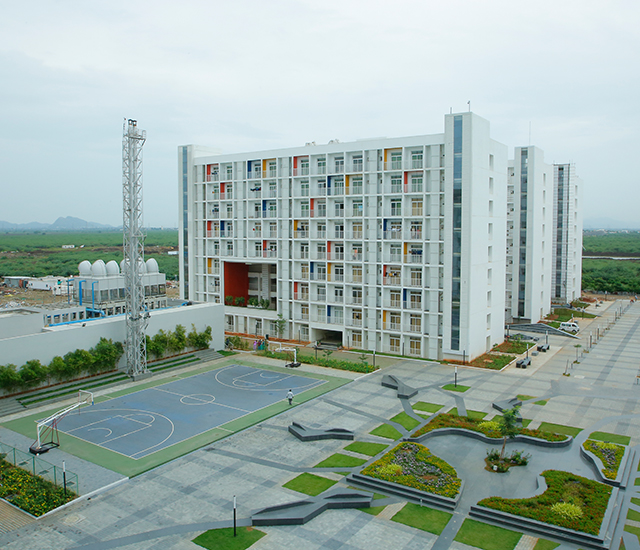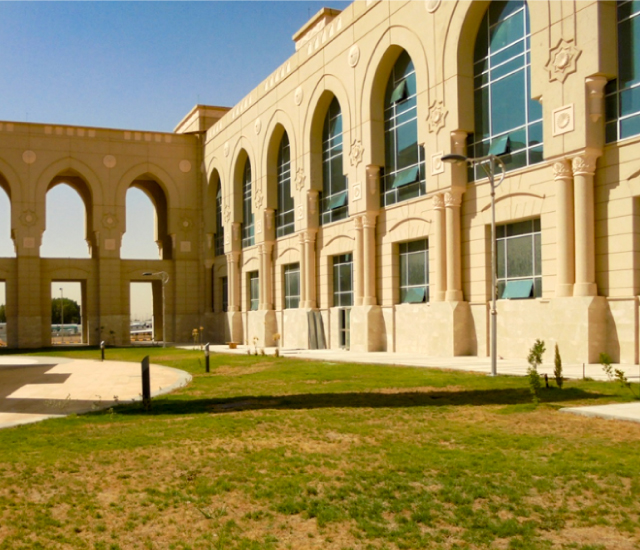When it comes to the growing popularity of the renewable energy source known as solar power, there is also an increasing variety of projects that can be created to supply this power. Large-scale solar is a frequently used term when it comes to commercial or industrial level solar power plants. However, it is surprising to notice that, given its popularity, there is no commonly accepted definition of what constitutes a large-scale solar project.
As the name suggests, large-scale solar can broadly be defined as a plant that has the ability to generate anywhere from hundreds of kilowatts to thousands of megawatts of solar power. That being said, there is still a wide range of sizes and no definitive agreement on what can be accepted as a minimum threshold for large scale solar plants.
Renowned, global solar EPC solutions providers like Sterling and Wilson Solar have large-scale solar (also known as utility-scale solar) projects ranging from a 7 MWp Solar Power Plant in Niger to a 1177 MWp Solar Power Plant in Abu Dhabi.
Although there is uncertainty in the size defining a large-scale solar power plant, the structure and process of electricity generation are straightforward. These solar power plants typically use solar photovoltaic (PV) panels that convert the energy from sunlight into direct current (DC) electricity. This DC is then converted into alternating current (AC) through inverters to be integrated into the electricity grid.
All in all these utility-scale solar projects are a large step forward in the industry’s endeavor to build faster generation capacity than ever, while constantly improving the efficiency of renewable solar energy.


